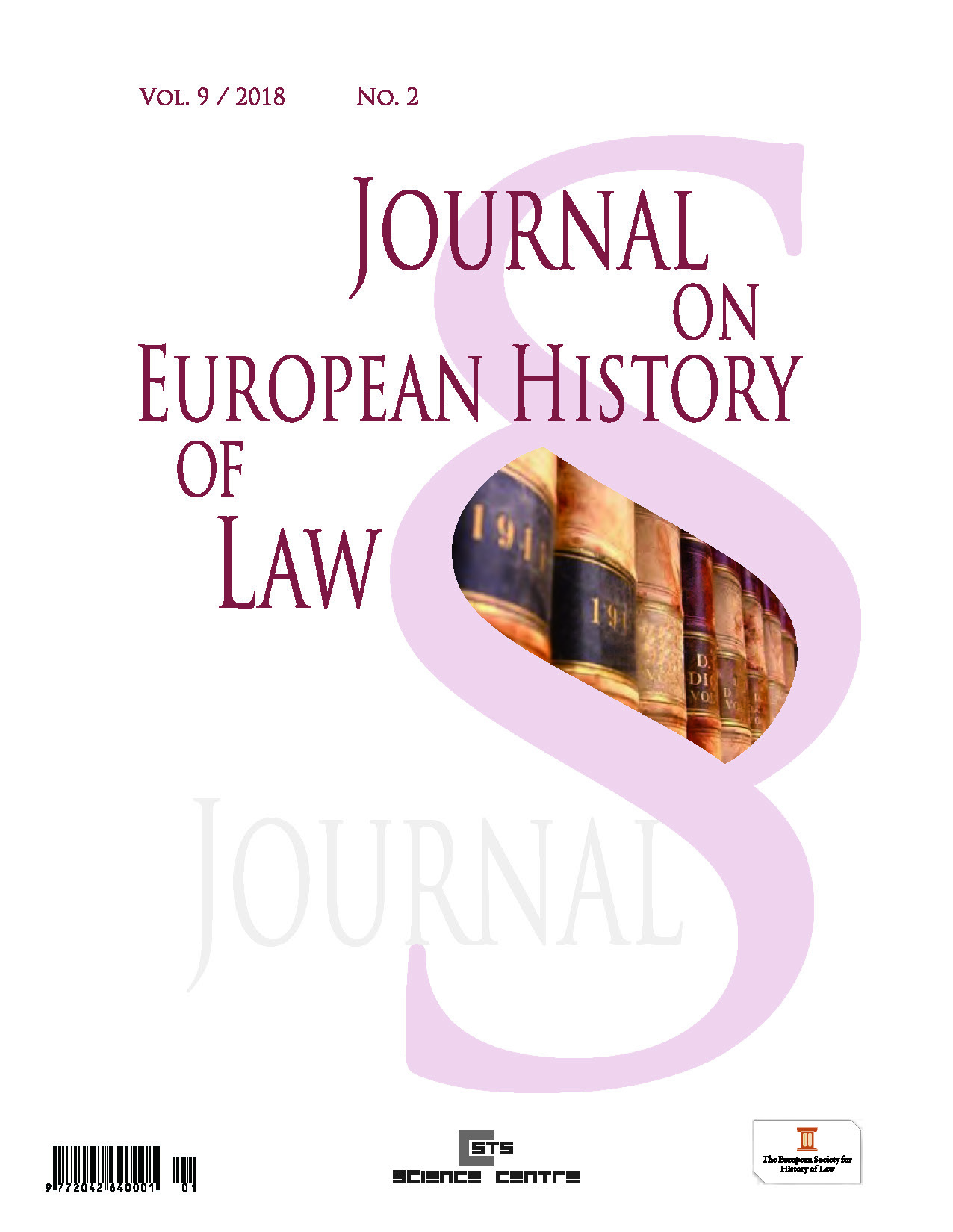The Birth of Criminalistics and the Transition from Lay to Expert Witnesses in German Courts
The Birth of Criminalistics and the Transition from Lay to Expert Witnesses in German Courts
Author(s): Raluca Alexandra Enescu, Leonie BenkerSubject(s): History, Law, Constitution, Jurisprudence, Criminal Law, Criminology
Published by: Evropská společnost pro právní dějiny, z.s.
Keywords: Judicial decision-making; expert witnesses; lay witnesses; Imperial Court of Justice; history of forensic science; free evaluation of evidence; wrongful convictions;
Summary/Abstract: The European judicial setting underwent profound changes with the shift from testimonial to material evidence at the end of the 19th century. Expert witnesses possessing specialist knowledge entered the courtroom, throwing shadow on lay witnesses who suddenly were considered unreliable. This evidential mutation arose from the emergence of specialist knowledge delivered by expert witnesses. New laws were required and judgments were passed in order to clarify the respective competency of experts and judges. Three guideline judgments of the Imperial Court of Justice involving experts are discussed and put in parallel with the principle of free evaluation of evidence as well as with wrongful convictions.
Journal: Journal on European History of Law
- Issue Year: 9/2018
- Issue No: 2
- Page Range: 59-66
- Page Count: 8
- Language: English

